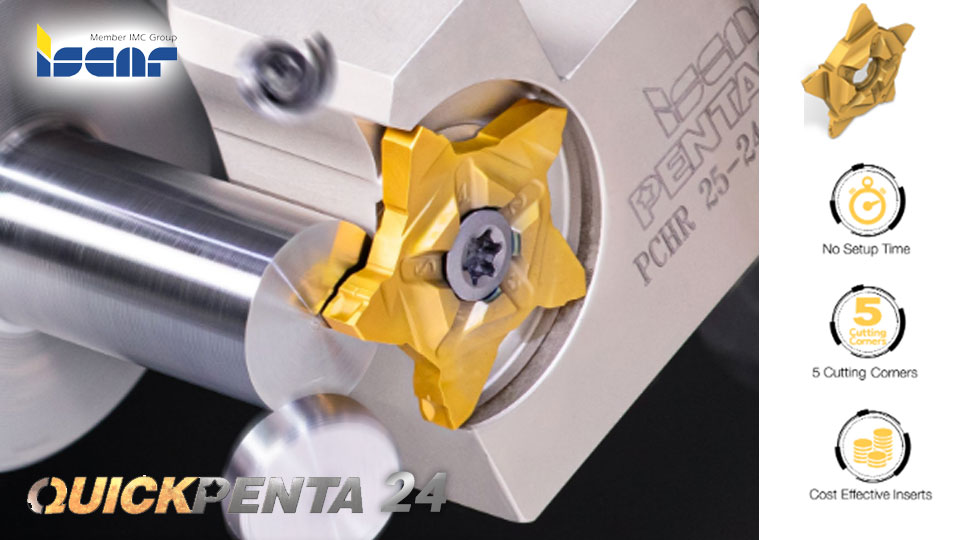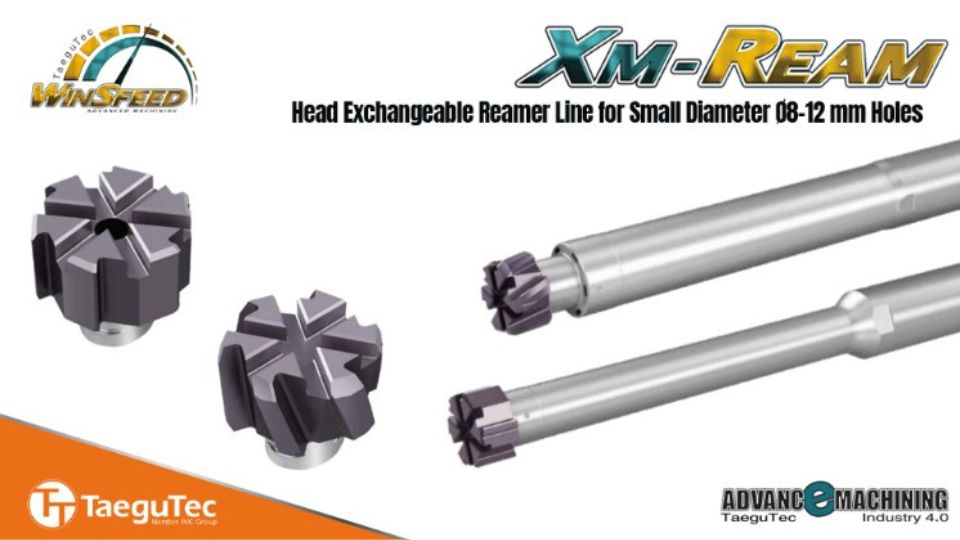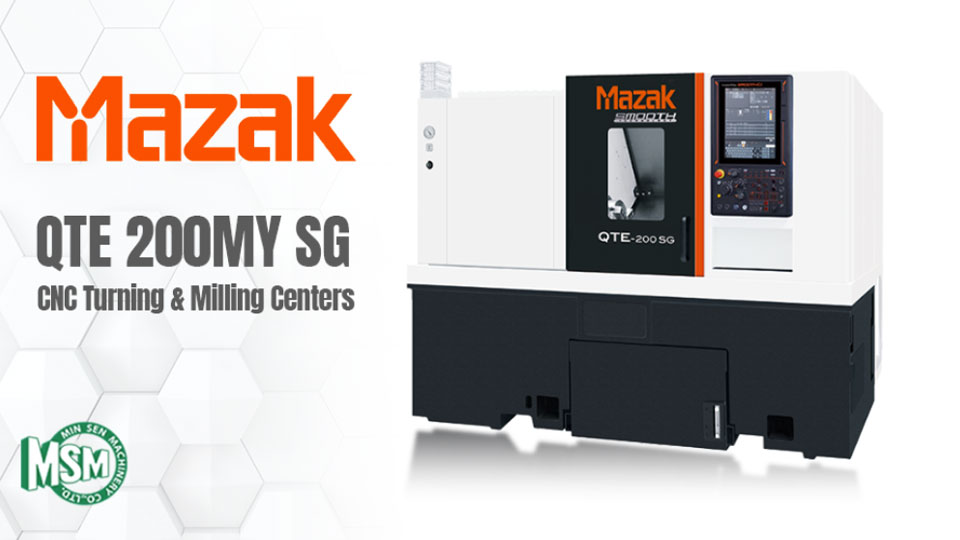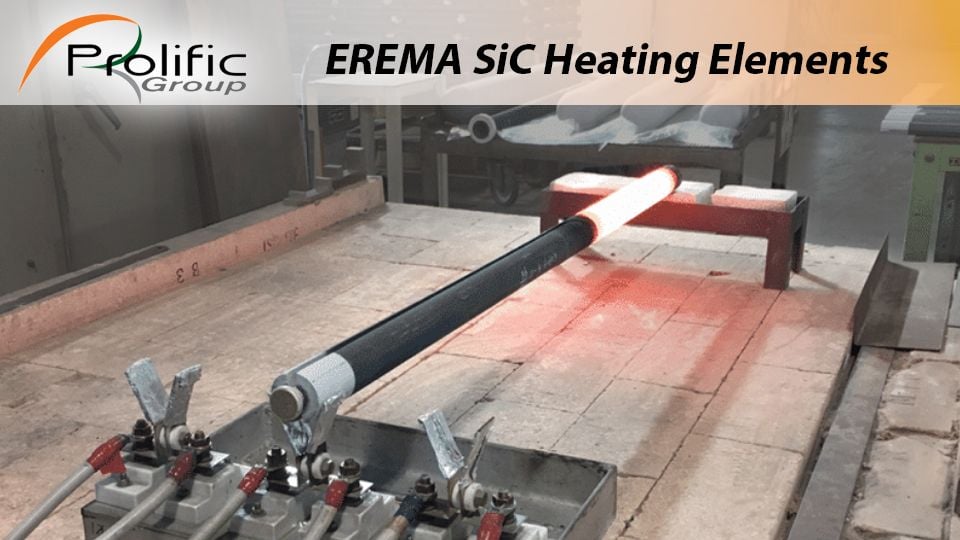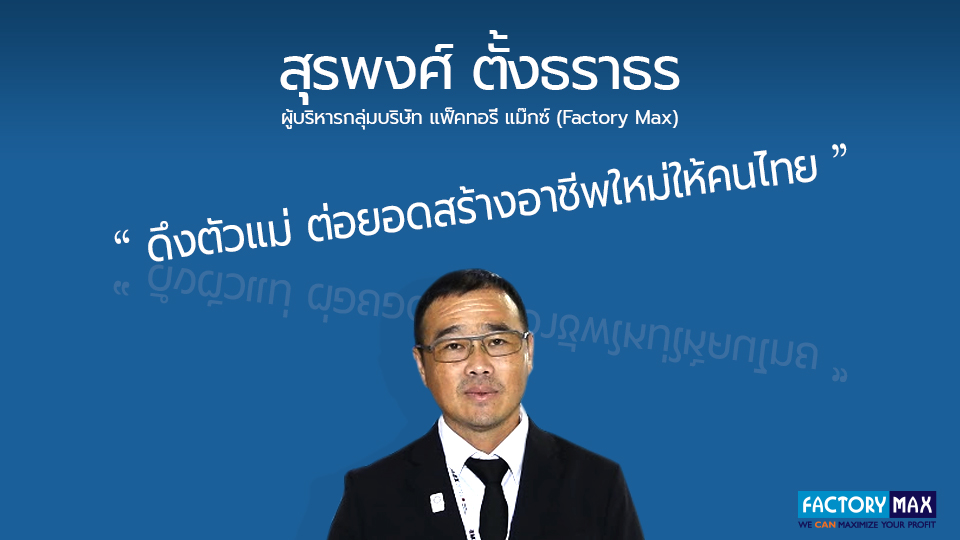
“Automotive Reaches the Dead End” Time to “Find New Career” for Thai People
At the end of last year, we all heard bad news about industrial business operations, which had been affected by the recession. The decreasing purchase order has made many industrial operators in difficult situations, especially those in the automotive industry. The reported car manufacturing volume in January - November 2019 decreased by 5.95% compared to that of the same period in the previous year. The global vehicle sales estimates from multiple agencies have pointed out that the numbers will decrease further in 2020. These can probably shed a light on the future of the Thai automotive industry, which has been one of the country's main industries for a long time and has created different supporting industries, that it is reaching the dead end.
Mr. Surapong Tangtaratorn, Managing Director of Factory Max, one of the leaders in technology and industrial machinery and solutions, has expressed his vision of changes that will occur in the automotive industry and the idea to pull "major players" to invest to build new careers for Thai people.
What changes do you see in 3 years and how?
“As for the electric vehicle that is the talk of the town right now, I don’t believe that we would change to EV totally just yet. There are still many questions. Do we have enough charging stations? Do we have enough electricity to supply these charging stations? Once we change to use electric batteries, we still do not have technology to recycle them and currently the lithium-ion battery costs 3-4 times more. So the question is whether or not we would change from using expensive fuel to using expensive batteries or change from hydrocarbon waste to lithium-ion waste. Without the clear answers, these are still major issues. So, personally, I don’t believe that we will reach that point any time soon.
So, transitioning to be total EV in 5 years is still only a dream. What should happen and create benefits is the hybrid car that we can use a small engine to generate electricity and store in the battery that does not need to be big. Doing so is like having a generator to convert mechanical energy into electricity, which will make the car manufacturing process much easier because it is not different from an electric car except all of the transmission is removed.
If we can do so, we will have the advantage because it helps cut the manufacturing costs since drive shaft, transmission gear and clutch are no longer needed, only motor and small engine around 1000cc are needed. The acceleration and deceleration would be improved since it uses a motor to drive the wheels.
This makes me believe that the transition would be from the internal combustion engine vehicle to the hybrid vehicle, then to the pure electric vehicle. The use of hybrid vehicles may last longer than many people have expected and would probably take quite some time. Concurrently, we can gradually increase the number of charging stations and then gradually manage the issue of power supply within 10-20 years. The car manufacturers will have time to adjust and develop the worker’s knowledge and abilities. So, I believe that we could transition to it easily.”
Automotive Manufacturers Adjust Their Forecast Orders
“Of course, those who manufacture electrical and electronic parts will get more orders, while those who deal with the transmission will get less. It is because the trend is clear that the transition is happening from the internal combustion engine car into the hybrid car and then to the pure electric car. However, I don't believe it will suddenly change.”
Thailand as the World’s Automotive Parts Manufacturing Hub Will Definitely Be Affected
"Parts manufacturers have to find businesses that they have expertise and think they can do, which there are so many, for example, manufacturers specializing in the transmission parts can transform their tools and equipment to produce other parts, look for new niches, and take new orders or new groups of customers. This will be a major problem in Thailand in the near future since the automotive parts are currently the number one exports in Thailand. When the automotive market shrinks, so does the parts manufacturing. Usually, the manufacturers spontaneously solve the problems by cutting down labor, layoffing people, or selling their machines.
If that is the case, then we should find a new career for Thai people to do, such as for the aerospace or medical devices industries. Thai manufacturers are able to make these parts by using the existing tools. However, Thailand still lacks concrete support in these areas. Looking at neighbors like Singapore, which is not much superior to us, we will see that it has GE, a giant or a major player of the world’s industrial business, and Rolls-Royce. Both companies need subcontractors to help with their parts production of enormous quantities. Meanwhile, we have Toyota and Honda. What we have to do is to search for more “major players.” That is what we should do, but currently there is no progress on it. If the government or the BOI can attract the investment to the 1st and 2nd Tier, it will greatly benefit Thailand's industrial sector.


